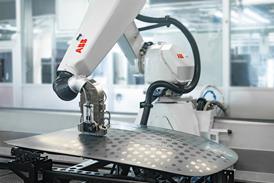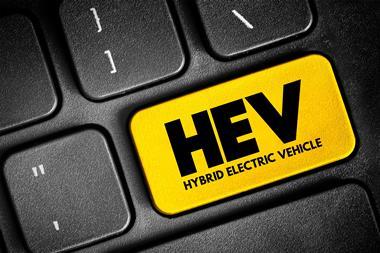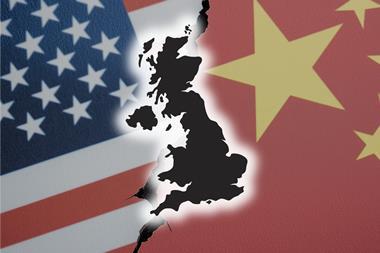 The temperature in Detroit has been high this summer. But not just in degrees Celsius; while many carmaker executives may have been perspiring heavily, they are sweating dollars, divestment plans and labour force compromises as much as perspiration.
The temperature in Detroit has been high this summer. But not just in degrees Celsius; while many carmaker executives may have been perspiring heavily, they are sweating dollars, divestment plans and labour force compromises as much as perspiration.
It seems that the advance of the transplants and the relative success of the (former) big three’s European divisions has finally hit home.
A new term has had to be forged for GM, Ford and Chrysler – the Detroit Three – as Toyota and other transplants continue to knock the former US car kings off their thrones, one by one. GM is planning further expansion in Eastern Europe looking at locations in seven new-EU countries as potential sites for a greenfield plant: Bulgaria, the Czech Republic, Hungary, Poland, Romania, Slovakia and Slovenia. Meanwhile, Ford is casting around for buyers for Land Rover, Jaguar and Volvo. Taken together, the forecast for US ‘native’ automaking is looking pretty grim.
Ten years ago Ford had $20 billion in its ‘war chest’ – funds to buy brands. And buy they did, scooping up what became its Premier Automotive Group.
But you can’t buy market share, and you can’t buy quality – not without a very healthy segment market for each set of brands. Just as no-one foresaw fuel prices rising or global warming (they were just woolly-headed green-crazy alarmist rumours – right?), so no-one at GM, Ford or Chrysler noticed that Japanese and Korean brands were making much better cars, for every segment, and making them in North America. Oddly, the UAW and CAW have responded more realistically, although they have been well ‘played’ by Toyota and Hyundai. Over the last 20 years, Toyota has matched or bettered the Detroit Three’s wages and benefits, while watching it grow weaker under the pressures exerted by the US carmakers – pressures created by Toyota, Honda and Nissan. When Hyundai offered $14 an hour in its new Alabama plant, Toyota and the other transplants saw their big chance. And they are now going to set the benchmark for labour pricing.
Many old-fashioned industry ‘insiders’ are rambling on about where the UAW would choose to start a strike if it had to, to press home its point over wage and benefit cuts. Well, forget about it. Toyota will set the bar for contracts and the UAW won’t have the power to do anything about it – Toyota has just one unionised plant in the US.
For the first time, the Detroit Three will get a hand from their nemesis.
Let’s just hope they don’t get complacent and expect it every year. Toyota et al are far too smart to lead off the dance again, and even that assumes the Detroit Three will still be able to tango.






































